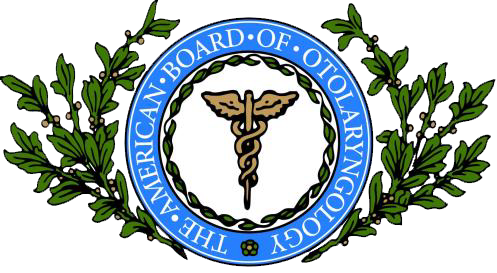
Hypothyroidism
Hypothyroidism – About
Hypothyroidism (also called underactive thyroid) is a common disorder in which your thyroid gland does not make enough thyroid hormone.
The thyroid gland is located in the front lower part of your neck and controls how your body’s cells use energy from food, a process called metabolism. Among other things, your metabolism affects your body’s temperature, your heartbeat, and how well you burn calories. If you don’t have enough thyroid hormone, your body processes slow down. Women, especially those older than age 60, are more likely to have hypothyroidism. It seldom causes symptoms in the early stages, but over time, untreated hypothyroidism can cause a number of health problems, such as obesity, joint pain and heart disease. The good news is that accurate thyroid function tests are available to diagnose hypothyroidism, and treatment of hypothyroidism with synthetic thyroid hormone is usually simple, safe and effective once you and your doctor find the right dose for you.
Hypothyroidism – Diagnosis
Your doctor may order a blood test for an underactive thyroid if you are feeling increasingly tired, have dry skin, constipation and weight gain, or have had previous thyroid problems or a goiter. Some physicians recommend that older women be routinely screened for the disorder during routine annual physical examinations Because the blood test are now highly accurate and sensitive, doctors are able to diagnose thyroid disorders much earlier – often before you experience symptoms.
Hypothyroidism – Treatment
Hypothyroidism can be easily treated using thyroid hormone medicine. The most effective and reliable thyroid replacement hormone is man-made (synthetic). After starting treatment, you will have regular visits with your doctor to make sure you have the right dose of medicine. This oral medication restores adequate hormone levels, reversing the signs and symptoms of hypothyroidism.

Conditions Treated
Follow us


Your Health Starts Here
"*" indicates required fields
